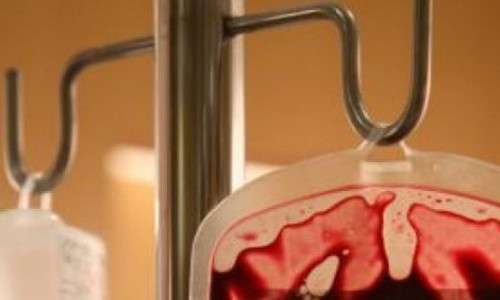A team of researchers of the Babes-Bolyai University in Cluj-Napoca, a city in NW Romania, has created a recipe for artificial blood whose preliminary tests have proven encouraging. The team led by professor Radu Silaghi-Dumitrescu, who is only 39 years old, has been doing research to create the artificial blood for six years and their discovery could prove crucial given the lack of blood doctors need in cases of severe accidents and major surgeries. The blood is made of water, salt, albumin and a protein – hemerythrin -extracted from marine worms which makes the artificial blood stress resistant.
The researchers said the results of the first tests performed on mice are encouraging. „The mice treated with this type of blood ‘made in Cluj’ have remained indifferent and this is what we want, not to display signs of inflammation or disease. The ultimate goal is we don’t get rejection reactions of the artificial blood by the human body which we have for some of the current products” professor Silaghi-Dumitrescu said, as quoted by Mediafax.
He said all the previous attempts to create artificial blood have failed because researchers couldn’t find the right protein to keep the substance immune to stress factors. So far the tests on animals didn’t generate the toxicity other types of protein used so far produced.
The lead researcher pointed out the tests on mice will continue until proven there is not toxicity at all, before any attempt to use it on human beings. Silaghi-Dumitrescu said he expected concluding results in at most two years before any further tests. “Tests on humans are a very delicate topic, we need some very serious licenses and they represent an enormous risk” he underlined.
If further tests prove successful, the studies of the team in Cluj-Napoca will be published in specialty magazines and will be patented. The artificial blood research has been supported through special funding the Ministry of Education and Research at a time when research in Romania copes with severe cuts in funds.
Story Source:
The above story is based on materials provided by balkaneu, Daniel Stroe.





